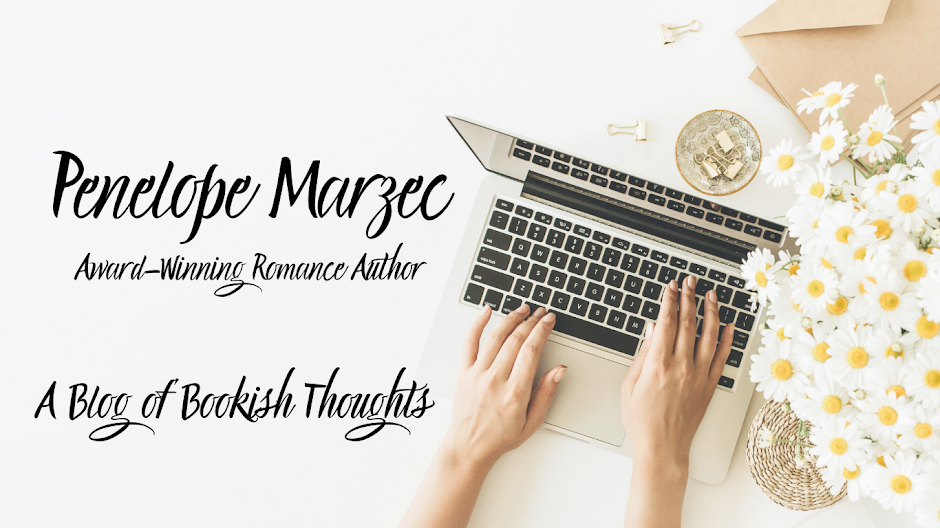I joined Instagram. One of my painting friends in Grace Graupe-Pillard's painting workshop, told me how much she enjoys Instagram. She had set a goal for herself of doing a sketch a day, which she would post on Instagram each day. Using Instagram, she inspired herself to continue sketching and posting her sketches. She enjoyed the ease of that particular network. She collected followers and likes from people from all over the world.
Since I already belong to Pinterest, I thought joining Instagram would be redundant, but eventually my curiosity got the better of me and I signed up. I did one sketch of Daughter #2, posted one of my paintings, and some photos. But, of course, the lure of any social network is followers.
I started exploring. I found plenty of my author friends. :-) But there are photographers, too, and artists, and some very clever people who do amazing things with their Instagram account. Breathtaking stuff.
It is different than Pinterest. I love Pinterest, but I limit myself to browsing through it because I know I can easily lose all sense of time. Pinterest allows each user to have categories. Instagram doesn't. But like Pinterest, Instagram allows its users to share with other social networks.
In addition, Instagram offers various filters along with editing software to enhance photos. Therein lies some of Instagram's magic. An ordinary photo can become an extraordinary photo layered with emotion.
If you are on Instagram, please follow me. I like looking at pictures since each one is worth a thousand words. :-)








.jpg)

